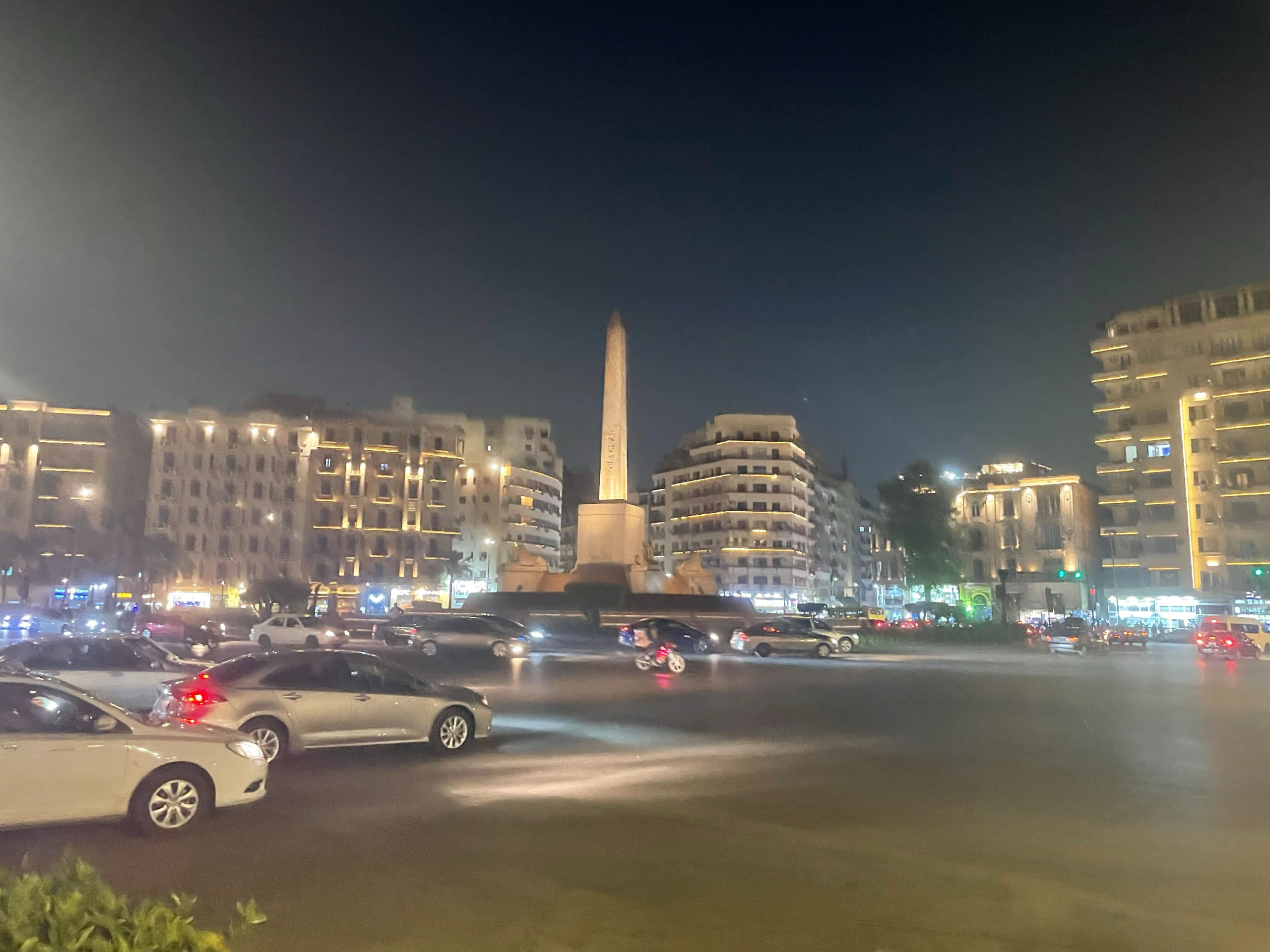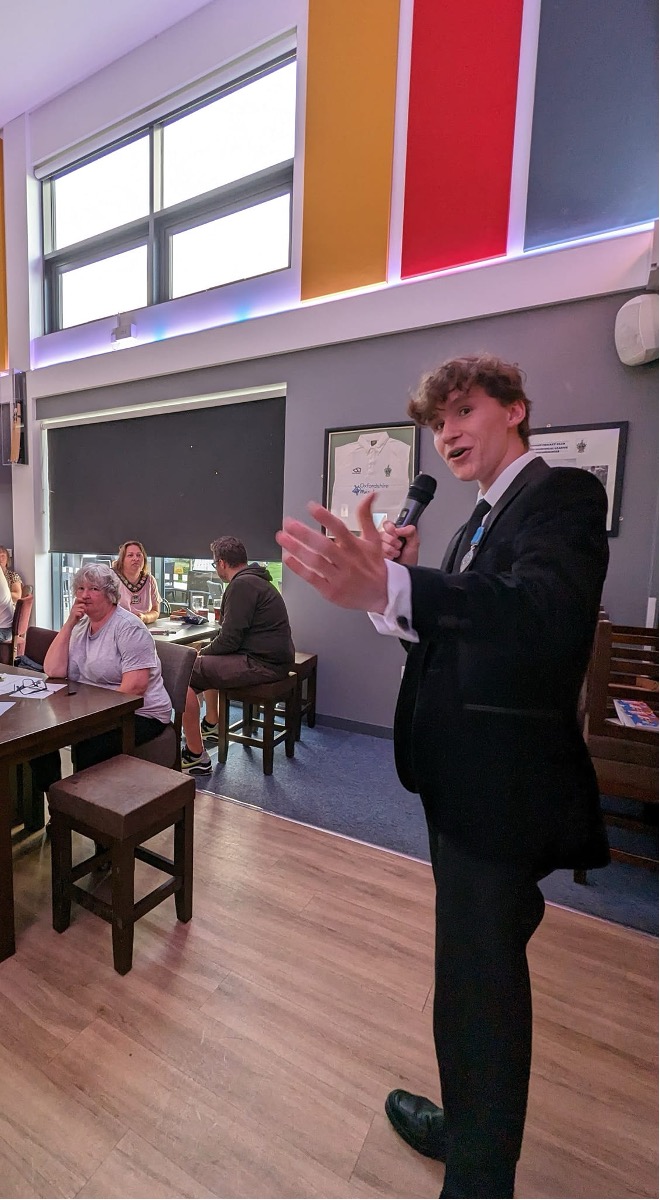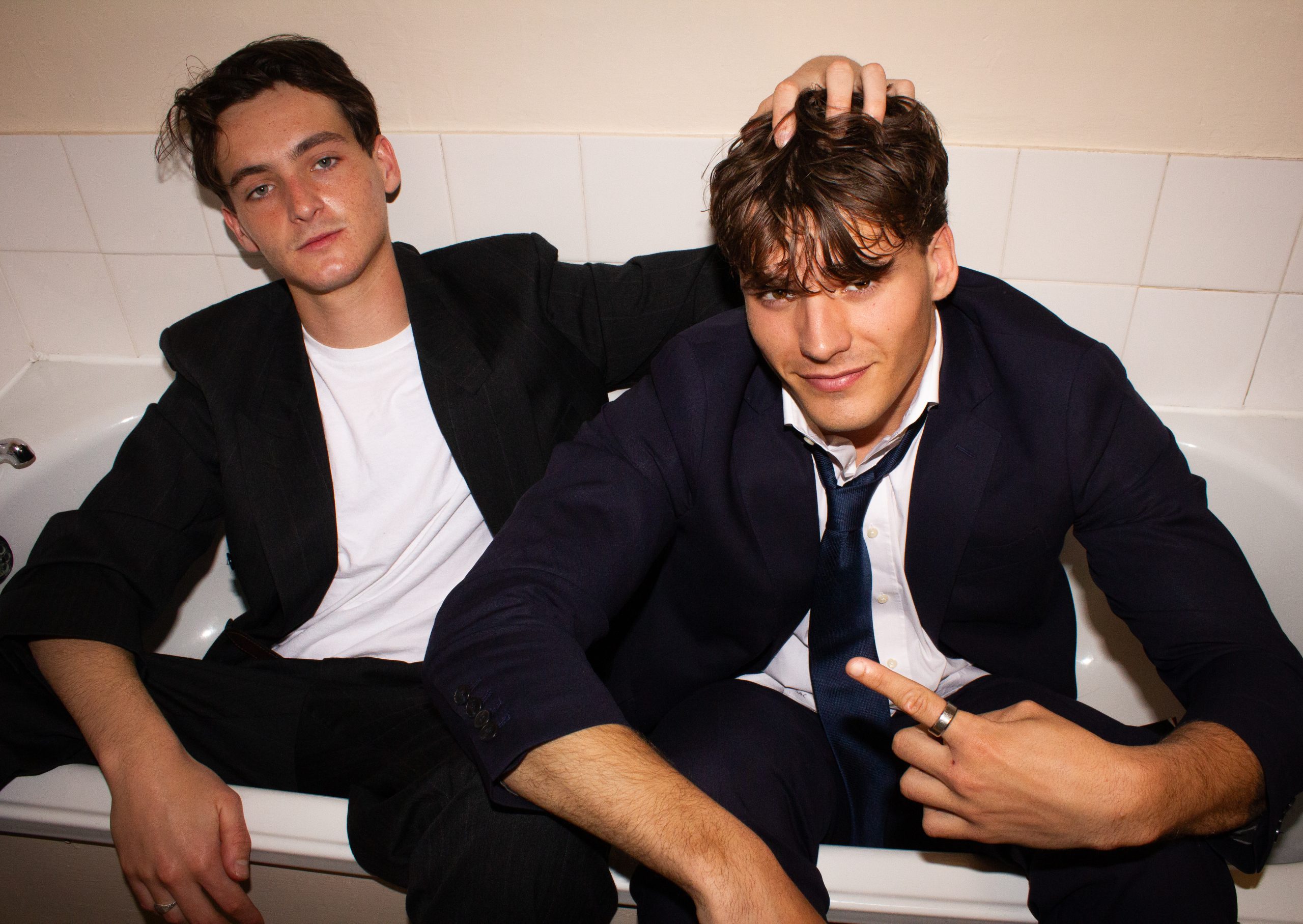
Behind the scenes of Closer

‘Whether you half arse it or give it everything, student drama will take up a lot of your time, so you might as well do a good job’. At this point in a theatrical career hurtling to the top, it is intriguing to pause and dissect Rosie Morgan-Males’ master plan. She is coursing through the BT to Playhouse pipeline with force, currently on her third play of the year, Closer. This play is about a quartet of strangers in a sexual square dance in which partners are constantly swapped, ‘all doing shit they shouldn’t do’–it isn’t far removed from your experience of college-cest. Rosie is leaning on the body of students she hopes to entertain. This term; sweat, suncream and sex are in the air and so she delivers us a play about your relationship that just ended and the person you had your eye on a few weeks ago. All this, and whip-smart marketing, a military rehearsal schedule and a cast who are more afraid of her than they might admit.
Since co-founding Labyrinth productions in October 2024, Rosie and Natascha have been committed to a high level of professionalism–‘ensuring every aspect of our work reflects industry standards’. They have a rigorous, empathetic approach. They demand 10-15 hours a week from their actors, more now they near opening night, but ‘balance intensity with laughter and calm. It’s honestly one of the most inspiring and generous rehearsal rooms we’ve ever worked in’. They explain that Closer demands ’emotional precision’ – drilling into the architecture of each beat. Silence is its own language in the play, with moments of hesitation, a look held too long. Silence is ‘deliberate, not empty’. So too is the jarring 90s musical interlude cutting through tragic scenes. ‘No space to breathe. That’s the point’.
The pair have also built the company on the creatives they have pulled into its cosmos. Hilla Sewell (whose photographs punctuate this article) is the pair of eyes that see Oxford now. You’ll probably turn your head at the next social event and stare straight down her lens – she has been called to work on nine photographic events this term. Her approach to documenting vulnerable, emotionally complex theatre deepens the storytelling before the show even opens. Labyrinth marketing has become so pervasive on social media; in Oxford’s cafés, pubs, JCRs, Broad Street, that its visual presence seems to mingle with the substance of the term.
They are also ‘acutely aware’ of the ‘social dynamics of casting within the OUDS scene’. They look for actors with sharp instinct, openness and generosity–not well-known names. Closer is, for Natascha and Rosie, about how we market humanity and how we forget that people are attractive–here I couldn’t help but interject. ‘Really?!’ I ask, ‘look at your cast!’. Rosie conceded only partially, explaining that the decision to put the cast in suits was an attempt to strip them back as much as possible in order to lay their ugly humanity bare. ‘Have you ever seen a human heart? It looks like a first wrapped in blood’ Larry will say in Act Two.
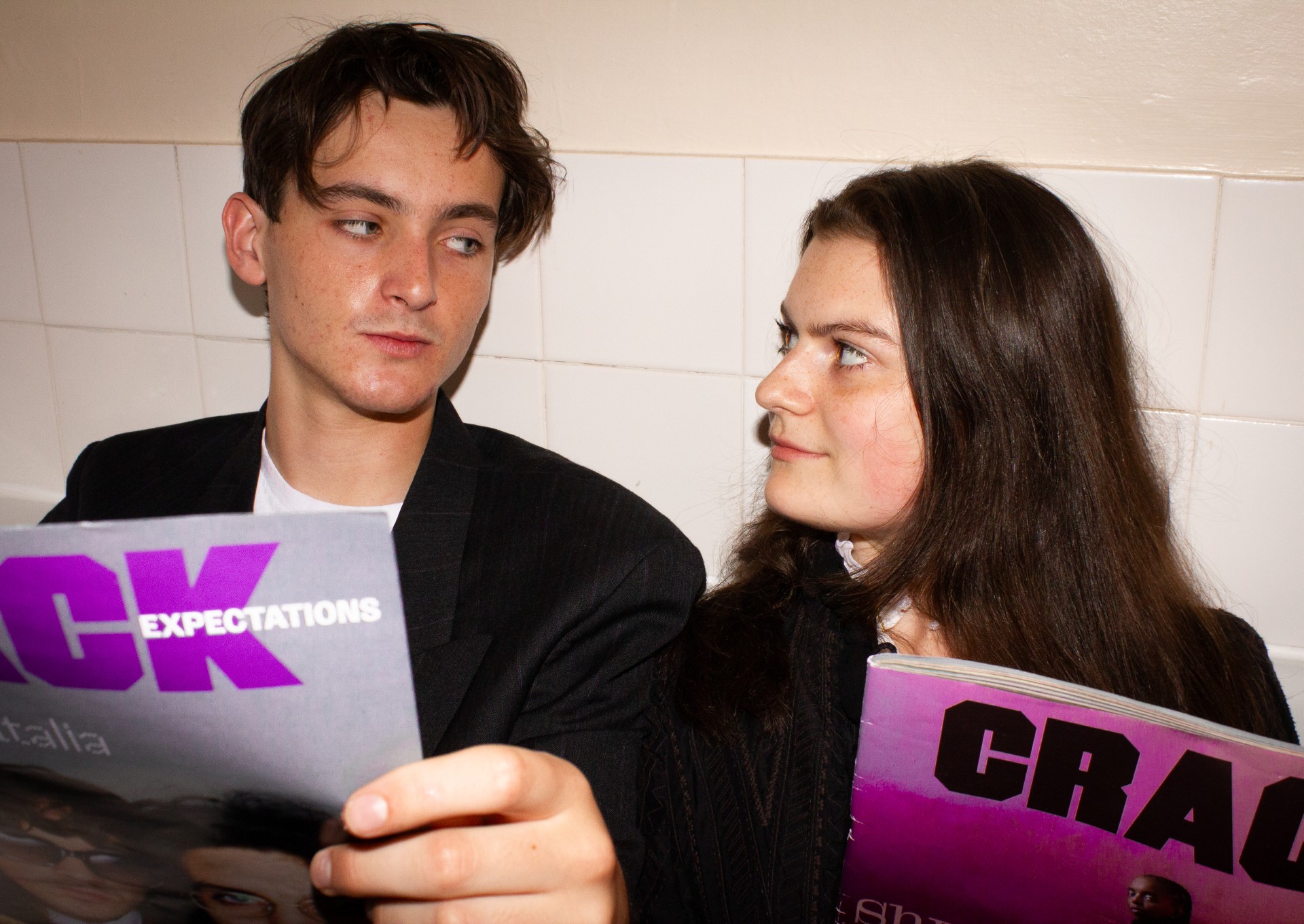
The ethos of Rosie and Natascha’s production company, Labyrinth, is putting on plays that complement the time–a play that encapsulates the term. Their marketing strategy begins by trying to distill this vision into a sentence and rolling out the production from here, feeling genuinely inspired, she says, coming off the back of ‘brat’ summer. She stresses: why now? Why this? It must feel like a zeitgeist to her and the people watching. Closer finds four humans who aren’t necessarily bad, doing bad things. Rosie says, ‘If you’ve ever broken up with someone or had someone break up with you, you’ll relate to this play, it’s as simple as that’.
Trinity, fittingly, is when romance seems to go awry. The Hilary bones have thawed, it’s too hot under the covers for two and the long vac sounds a lot more fun with beautiful strangers on the horizon. Benvolio bemoans ‘these hot summer days’ when the ‘mad blood is stirring’ as we near the hot end of that same tripartite love tale–three days for our three terms. It’s topical. We’ve all kissed someone who’s kissed someone we know in Oxford–I glance tentatively at actors who shift a little in their seats–how will this resonate with your audience, I ask? The play is, at its core, about heartbreak, the interplay of intimacy and trying to create your identity through other people. It does villainize its characters, but only in the sense that it’s about the bad things we all do. Lust makes us mean, makes us lame. Ever imagine that cruel text you didn’t send? The play adds a paragraph and sends it. You might want to try dumping someone the way Alice does, ‘I don’t love you anymore. Goodbye’.
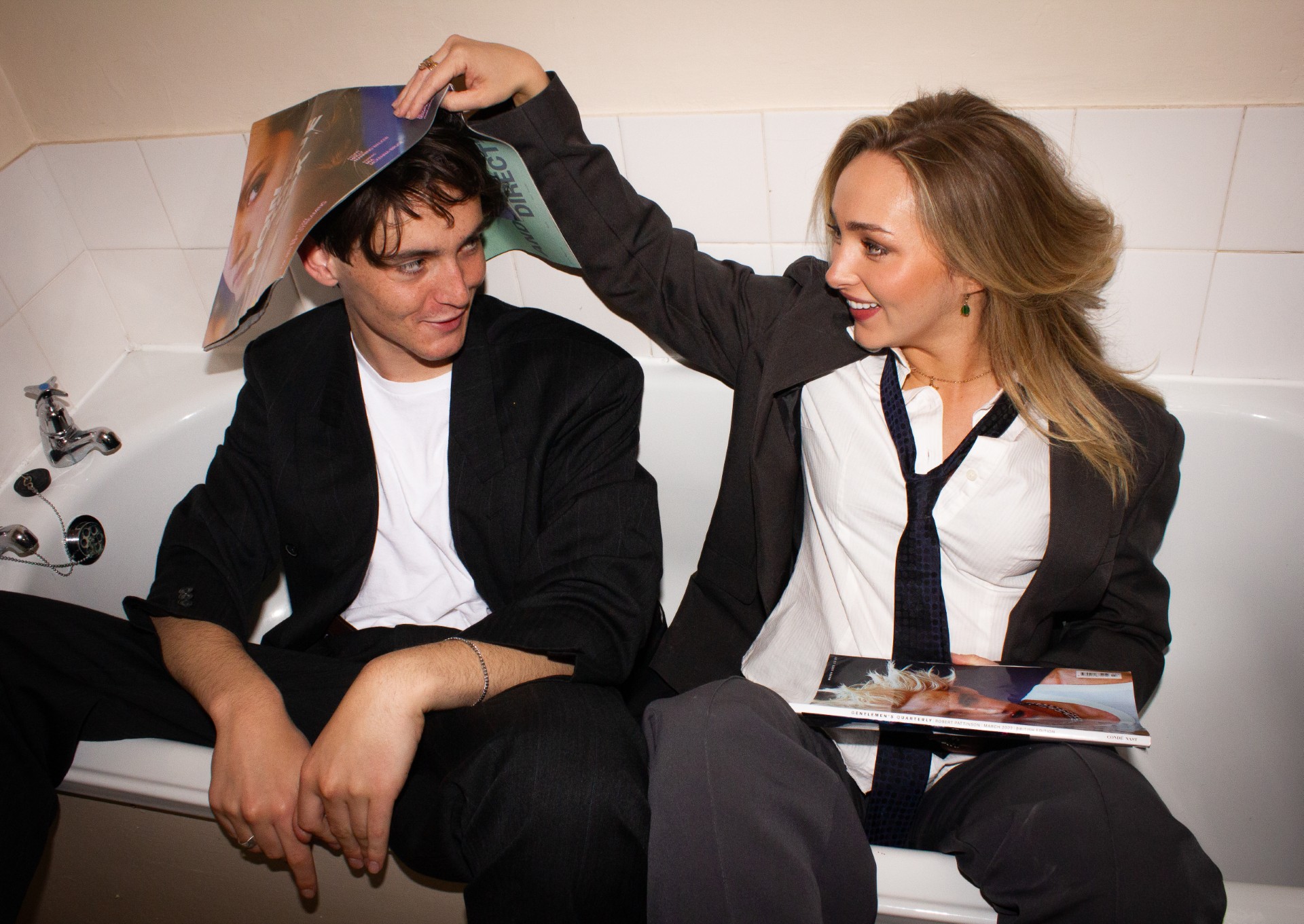
This is a very sexually charged play and professional intimacy coordinators have been called in to choreograph it. If you’ve seen the film, Natalie Portman (Catty Claire) bends over in front of Clive Owen’s (Rob Wolfrey’s) face in a pink wig and thong, telling him her ‘cunt… tastes like heaven’. Here again we peel back another layer of OUDS skin–sex sells, always. ‘Do you find it gratuitous’ I ask the cast, referring to the play and sex-crazed tendencies of student drama. A considered ‘hmmm’ did its rounds of the room before most chimed in unison, ‘weirdly no’. Vita Hamilton says, ‘sex makes it make sense’ and is one of the most devastating parts. She carries on, ‘It’s a play about relationships, not a play about working in an office. It would be really weird if they didn’t talk about sex all the time, because that’s what we do. If you’re having sex or not having sex, you’re thinking about sex’. The play will shed light on the conversations everyone is having but don’t normally see played out in front of them.

Closer is the play before Rosie and Natascha’s magnum opus at Oxford – Arthur Miller’s A View from the Bridge, to run at The Oxford Playhouse next Michaelmas. So, how does Rosie pump these pieces out at such pace? Planning, execution and good people. Her producer, Natascha has produced these three plays from her year abroad and Rosie ‘could never have done this without her’. She is always thinking a term in advance. She directs ‘from the script upwards’, choosing excellent writing that breathes life already. This is how she packs three plays, a degree and a life into her head – perhaps her own messy romance, but on this, I didn’t pry.∎
Words by Harriet Wellock. Photos courtesy Hilla Sewell.



